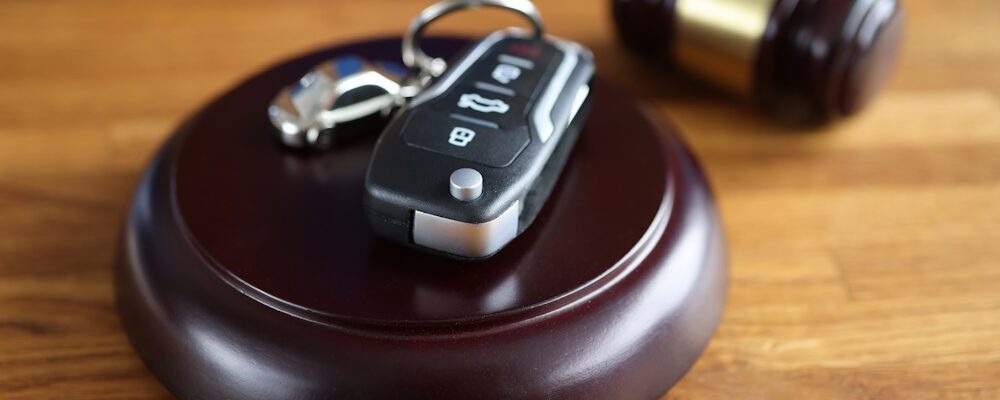Lenders that provide motor vehicle financing typically place a lien against the title to a motor vehicle in order to secure payment of the financing. If a borrower fails to make payments, or otherwise defaults under a financing agreement, the lender generally has the right to repossess the motor vehicle to protect its interests. However, under well-established North Carolina law, a lender may not “breach the peace” when exercising the right to repossess a motor vehicle. A breach of the peace can arise if a lender cuts a lock to open a gate to gain access to the motor vehicle or if a repossession occurs over the objection of a borrower who is present when the motor vehicle is repossessed. How can a lender faced with these circumstances repossess a motor vehicle without breaching the peace?
Fortunately, North Carolina statutes provide a procedure that assists a lender in this situation. The procedure is called “claim and delivery” in North Carolina. In other states, the procedure is called a replevin action. In brief, claim and delivery is a pre-judgment procedure that permits a lender to obtain an Order of Seizure from the Clerk of Court in the county where the motor vehicle is located directing the Sheriff of the relevant county to seize the motor vehicle from the borrower. The lender is required to file a complaint alleging a breach of the financing agreement and requesting an order of possession for the motor vehicle and a money judgment for the amount due under the financing agreement. A hearing before the Clerk of Court is scheduled and the borrower must be provided at least 10 days’ notice of the hearing. At the hearing, if the Clerk finds that there is a default under the financing agreement and that the lender is entitled to possession of the motor vehicle, the Clerk will issue an Order of Seizure. After the Sheriff seizes the motor vehicle, the Sheriff has to hold the motor vehicle for three days before releasing it to the lender. This three-day holding period permits the borrower to post a bond to protect the lender’s interest and regain possession of the motor vehicle. If no bond is posted, the motor vehicle is released to the lender, who is free to liquidate it consistent with its financing agreement and state law.
With motor vehicles becoming more and more expensive, lenders must look carefully at options for preserving their rights in collateral for their financing contracts. Motor vehicles depreciate rapidly and are subject to damage when being used. One advantage of a claim and delivery is that it is a prejudgment remedy, meaning that it can be pursued as soon as a lawsuit is filed. It should be noted that the claim and delivery process is not limited to motor vehicles. It can be used whenever possession of personal property is in issue.
Consulting an attorney with extensive experience in collateral protection procedures is prudent. The attorneys in Blanco Tackabery’s Litigation Practice Group have handled hundreds of claim and delivery actions throughout the State of North Carolina and can capably assist a client in protecting its interest in personal property collateral.

James Vaughan has more than 30 years of experience and primarily devotes his practice to representing financial institutions, companies and individuals as creditors in bankruptcy cases, in state and federal court litigation and in commercial loan workouts. Jim has represented secured lenders, unsecured lenders, landlords, equity interest holders and other parties in interest in many Chapter 11 cases as well as thousands in Chapter 7 and Chapter 13 cases.

